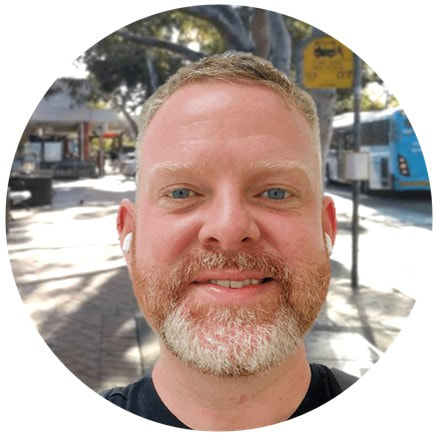|
Recently, I visited a sick friend in hospital where she is hoping to recover, but that recovery is far from certain. She confessed with some difficulty that she had found herself wishing she would die. Later in our conversation she asked if I would conduct her funeral should that be necessary. When I agreed, I saw her smile for the first time as she said ‘Thank you. I was worried about that and now I can relax.’
Shortly afterwards, a church friend my own age had a fall and subsequently died in hospital in great pain and another friend was severely injured by a car and remains suspended between life and death even now as I speak. These events have caused me to reflect on death and how I understand it. What happens to us after death? Traditional Christianity has its own truth - that we will be raised to resurrected life and will join Jesus in heaven with the Saints who have gone before us. I’ll say more about the Christian understanding of death a little later. Contemporary theology, influenced by the critical thinking of science is rather circumspect in what it says about life after death. Progressive theologian John Shelby Spong simply says when he dies, he wants to be where Jesus is and leaves the matter there, not offering anything more. Medical science makes clear that we are made up of organic materials which deteriorate at death and makes no claim about a soul. Some modern philosophy says we have no soul, no ghost in the machine, just a body and as that finally disintegrates, there is nothing left to go anywhere. Other philosophies point to the unsolved mystery of consciousness suggesting that our human consciousness is a reflection of the consciousness of the universe, another way of naming God. They hold that to get in touch with our human consciousness through meditative experiences is to be aware of our true selves as distinct from the person we think we are based on our history and circumstances. To experience such consciousness is, in this spiritual philosophy, to have a taste of the life to come and hopefully, to find release from fear of death. Now, I to return to current Christian theology as expressed by Anglican theologian Cynthia Bourgeault. Bourgeault believes in the wisdom of the suffering, death and resurrection of Christ as the way to understand that the one who would save their life will lose it and the one who is willing to lose their life will find it. We can understand this loss of life for another literally, of course. Jesus says there is no greater love for another than choosing to die for him or her. But losing our life for others is more generally interpreted metaphorically. As we take up our cross, that is, put the concerns of our ego behind us and live outwardly for others and inwardly for God, we shall have a taste of the joy of the life to come. In other words, to die to the self and to gain the joy that death to the self brings is to have a glimpse of life after death before we literally die. We are newly free to be courageous, compassionate and generous. We are not alone as we know God is with us all the time. The gifts of the Holy Spirit - gentleness, peace, forbearance, love and joy shape us into those who are not afraid to die. If we have already discovered this Gospel truth and we are approaching the end of our life, death will not make us fearful despite the challenges that ageing bodies go through. But there are some at the end of their lives who, not having a secure faith, are very fearful. They may want to have help to die before their natural time and that raises the contentious issue of euthanasia. I won’t go there today, but I would argue that such suffering people can find great relief in having support from others who do have a strong faith. Somehow, that unspoken confidence can be experienced by the one who is suffering and he or she can gain strength to keep going. It makes sense to me that, as we age, we will benefit greatly from considering our attitude to death rather than pushing such thoughts away. Meditation, focussing on each moment we still have to appreciate the richness of life, reaching out to others as we are able and taking time to converse in prayer with God are great ways to come to terms with our death. And understanding that we shall one day pass away is the royal road to understanding the meaning of being alive now. Ultimately, we cannot know in any scientific, objective way what happens to us after death. Perhaps poets and artists can give us more helpful ways to imagine what death and dying will be like. We can start with the Rubaiyat of Omar Khayyam where the poet acknowledges that we can’t know about life after death til we get there: ‘Strange, is it not? that of the myriads who before us passed the door of Darkness through, Not one returns to tell us of the Road which to discover, we must travel, too.’ Then we can move to a verse from William Blake who refuses to accept the reality of death in the following verse: ‘Do not go gentle into that good night, old age should burn and rave at close of day; Rage, rage against the dying of the light.’ and finally, some words from ‘The Prophet’ by Khalil Gibran who writes more enigmatically: ‘For what is it to die, but to stand naked in the wind and to melt into the sun? And what is it to cease breathing, but to free the breath from its restless tides, that it may rise and expand and seek God unencumbered?…. Only when you drink from the river of silence shall you indeed sing. And when you have reached the mountain top, then you shall begin to climb. And when the earth shall claim your limbs, then shall you truly dance.’
0 Comments
Leave a Reply. |
AUTHORThe articles here are currently written by Liam McKenna, Lane Cove Community Chaplain. Archives
August 2023
Categories |


 RSS Feed
RSS Feed